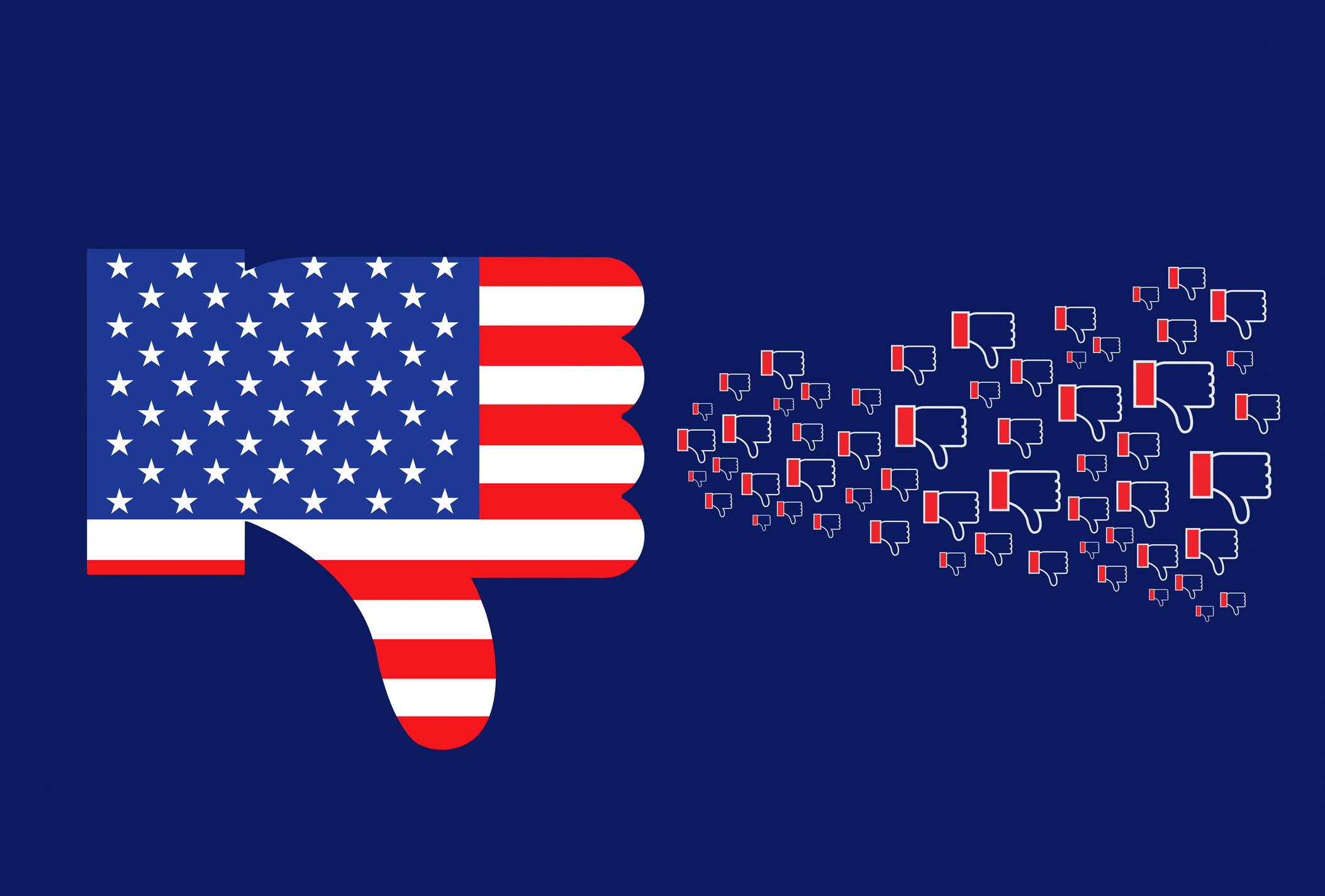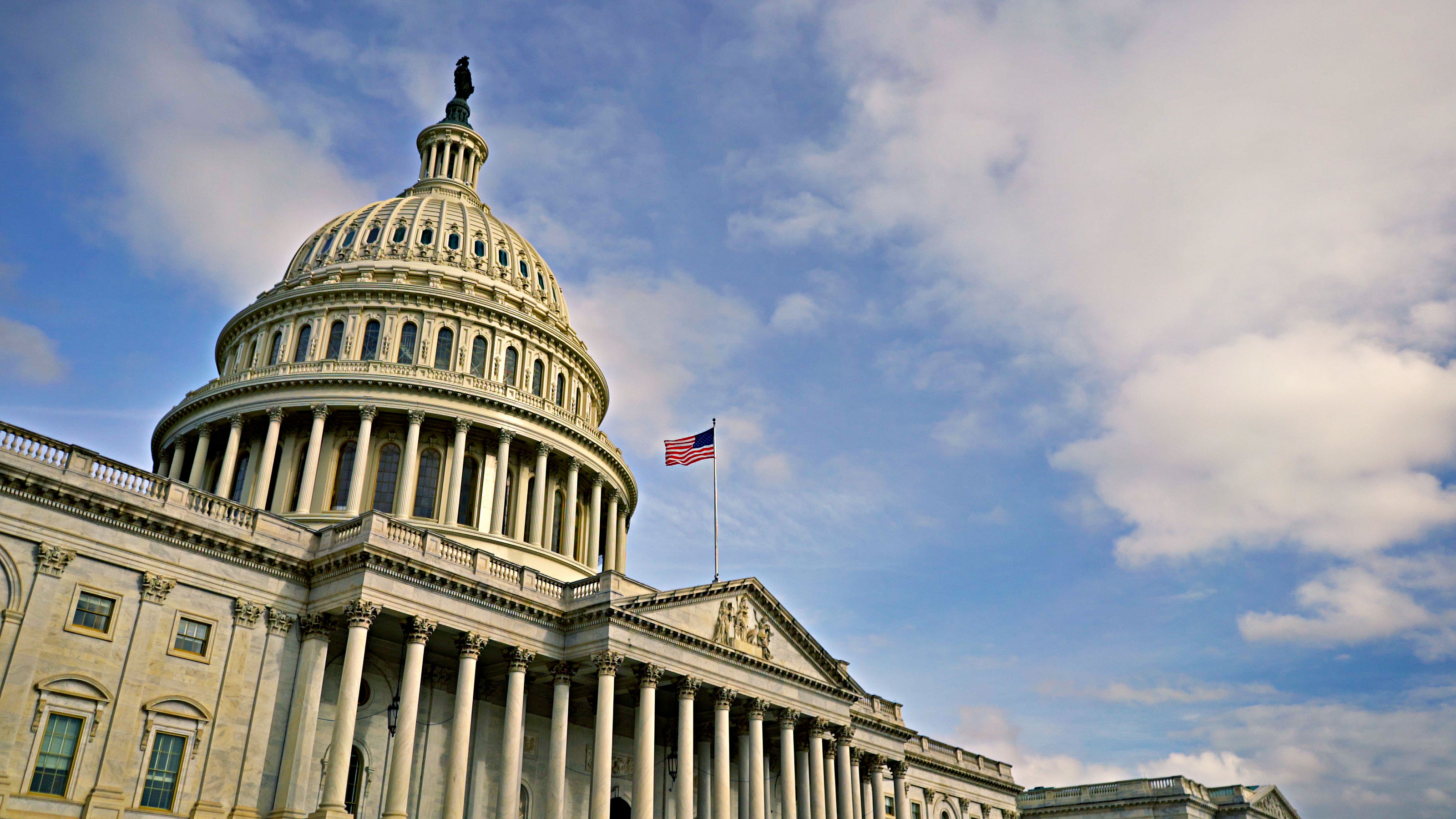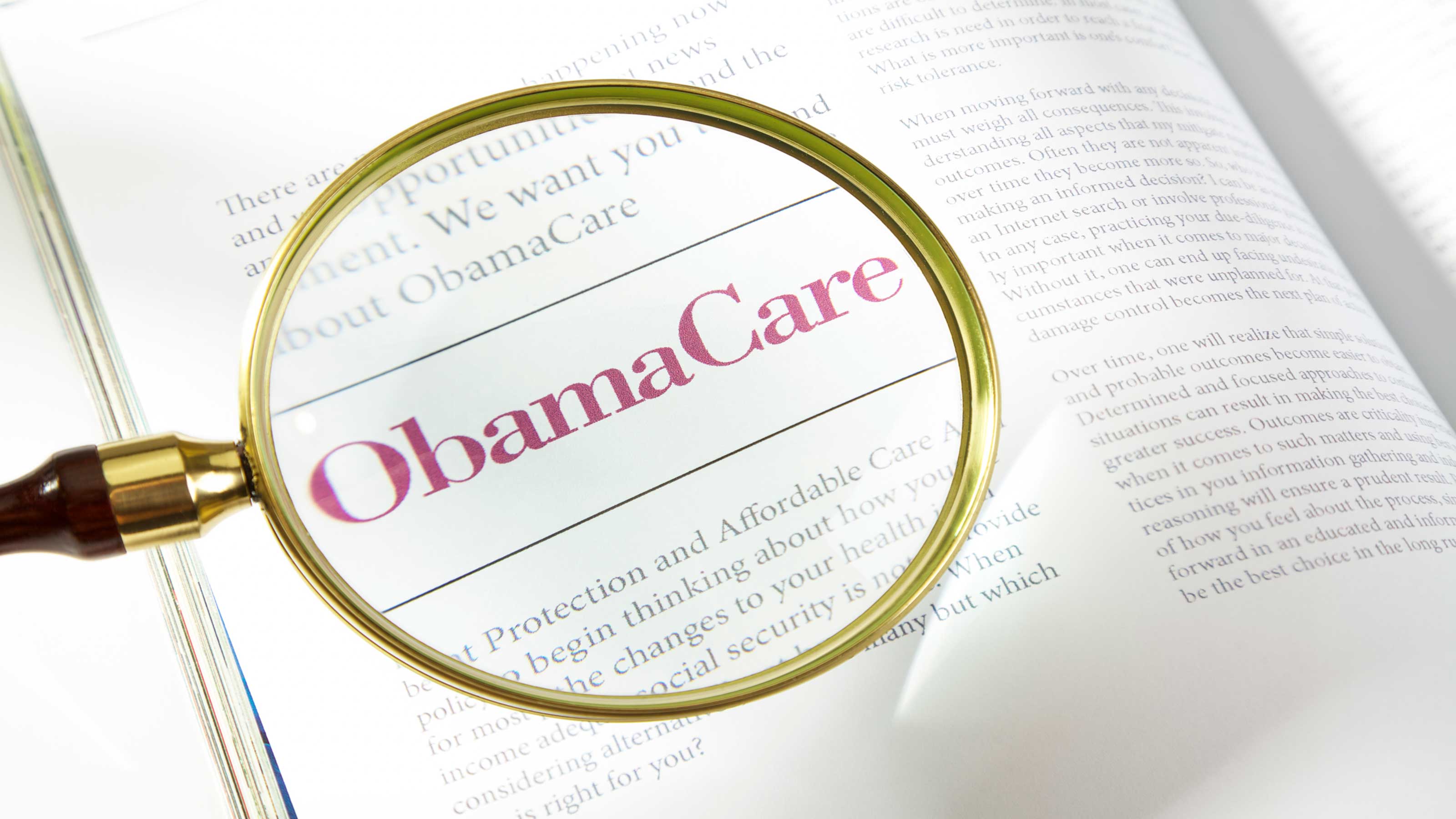
Profit and prosper with the best of Kiplinger's advice on investing, taxes, retirement, personal finance and much more. Delivered daily. Enter your email in the box and click Sign Me Up.
You are now subscribed
Your newsletter sign-up was successful
Want to add more newsletters?

Delivered daily
Kiplinger Today
Profit and prosper with the best of Kiplinger's advice on investing, taxes, retirement, personal finance and much more delivered daily. Smart money moves start here.

Sent five days a week
Kiplinger A Step Ahead
Get practical help to make better financial decisions in your everyday life, from spending to savings on top deals.

Delivered daily
Kiplinger Closing Bell
Get today's biggest financial and investing headlines delivered to your inbox every day the U.S. stock market is open.

Sent twice a week
Kiplinger Adviser Intel
Financial pros across the country share best practices and fresh tactics to preserve and grow your wealth.

Delivered weekly
Kiplinger Tax Tips
Trim your federal and state tax bills with practical tax-planning and tax-cutting strategies.

Sent twice a week
Kiplinger Retirement Tips
Your twice-a-week guide to planning and enjoying a financially secure and richly rewarding retirement

Sent bimonthly.
Kiplinger Adviser Angle
Insights for advisers, wealth managers and other financial professionals.

Sent twice a week
Kiplinger Investing Weekly
Your twice-a-week roundup of promising stocks, funds, companies and industries you should consider, ones you should avoid, and why.

Sent weekly for six weeks
Kiplinger Invest for Retirement
Your step-by-step six-part series on how to invest for retirement, from devising a successful strategy to exactly which investments to choose.
Almost everyone agrees that the federal deficit is a ticking bomb. But few can agree on how to defuse it. Ideas run the gamut from raising taxes to the wholesale elimination of scores of government programs. Some are contradictory. All are controversial.
When you take a look at where the money actually goes, it's easy to see why it's hard to balance the budget.

Social Security, the Big Enchilada
Many folks think that Social Security shouldn't be counted in the federal budget at all, because they contribute to the retirement fund with each paycheck.
In fact, taxes paid in by today's workers aren't socked away for their future retirement, but are paid out as benefits to today's retirees. Estimated Social Security benefits paid in fiscal year 2012 (Oct. 1, 2011-Sept. 30, 2012): About $768 billion including disability payments. For fiscal year 2013, the total will run about $809 billion.
What's more, the so-called trust fund -- where payroll taxes not needed for current payouts are stashed -- consists of about $2.7 trillion in IOUs from the U.S. Treasury. The funds have been borrowed over the past two decades to pay for other federal programs.

Defense's Big Bite
President Obama proposes a slightly smaller share of the FY 2013 budget be dedicated to defense spending –18%, rather than the 18.6% share it claimed in the FY2012 budget.
The estimated $650 billion tab for FY2013 includes funds for military operations in Afghanistan, Iraq and South Korea as well as for 760 bases scattered across the U.S. and abroad. And it pays for research, construction, family housing and myriad defense-related items. About 25% of the total goes to personnel costs, and the figure doesn't include veterans' pensions and health care.

Medicare and Medicaid: Hungry Twins?
Combined, these two national health care programs rival defense and Social Security as Uncle Sam's biggest expenses. While political candidates of both parties, the White House and Congress talk a lot about cutting these health care costs, lawmakers have avoided taking the tough -- and extremely unpopular – actions needed.
One reason for the big share of the budget devoted to these two programs is the swift increase in the cost of health care, as exciting, but often very expensive, new technologies and drugs are developed. Another is our country's rapidly aging population. Over the next two decades, as more baby boomers reach retirement age, the Medicare rolls will grow by about 30 million. Enrollment in 2012: About 47 million.

Help for Low-Incomers
In addition to Medicaid, about 10% of the total federal budget is dedicated to assistance for the needy. The total -- about $263 billion for FY 2012 -- includes funds for housing subsidies, food stamps, school lunch and other nutrition programs, aid to families with dependent children (welfare) and other aid, plus the earned income tax credit.
In addition, unemployment insurance will account for a bit less than $94 billion -- and about 2% of the FY 2012 budget, well down from the $160 billion doled out in FY 2010. Look for a FY 2013 tab of about $60-billion.

Net Interest on the Federal Debt
In fiscal year 2012, Uncle Sam is expected to shell out a whopping $220 billion in interest to the owners of U.S. Treasuries, here and abroad. For the past few years, low interest rates have helped keep a lid on this category. But interest rates won't remain at historical lows forever. Meanwhile, the debt accumulates.
The White House estimates that debt held by the public will approach $12 trillion at the end of FY 2012. If you include intragovernment payments -- by the Treasury to the Social Security Trust Fund, for example -- the grand total will approach $18 billion by the end of FY 2013. Between the rising debt and higher interest rates, interest payments will gobble up an even larger share of the budget in coming years.

Everything Else
The biggest five items in the federal budget -- Social Security, defense, Medicare, Medicaid, and net interest on the debt -- account for about two-thirds of the total.
Everything from transportation (3.3%), education (1.9%), federal employees' and military retirement (3.8%) to science and space (0.9%) and homeland security (1.3%) comes out of what's left.
International aid -- frequently mentioned as a potential source of savings -- accounts for just 1.4% of spending, and half of that is for humanitarian assistance. All environmental and natural resource programs -- 0.6%. Help for low-incomers, which we have already discussed, is an amalgam of programs whose total adds up to 10% of federal spending.

Untouchables in the U.S. Budget
Only about a third of the federal budget actually falls under congressional control on an annual basis, and much of that is for defense spending -- where a battle over cuts will be fought next year.
About three-fifths of the budget is dedicated to programs such as Social Security, Medicare, Medicaid, food stamps, crop subsidies and other programs for which spending is automatic -- controlled by formulas. Add interest payments to the list of uncontrollables and untouchables, and the share of spending Washington can actually manipulate from year to year is about 16%.
If that entire 16% -- encompassing programs as diverse and as popular as medical and scientific research, space exploration, maintenance of national parks, repairing roads and bridges -- were eliminated, it would reduce the federal deficit only by less than half. Individually, these programs amount to crumbs on Washington's dinner table, where $36 billion is just one bite of the main course.

Direct Payments to Your Fellow Americans
About 58% of all government spending consists of direct payments from Uncle Sam to individuals. Retirees get Social Security payments, veterans' pensions and Medicare benefits. Students get tuition assistance. Payments are made to farmers to idle erosion-prone land. Victims of natural disasters get a helping hand to rebuild their homes, businesses and lives.
Lobbies for many of these programs are immensely powerful and usually able to deflect attempts to trim spending. And while nearly everyone agrees that belt-tightening is needed, few are willing to cinch in their own waistlines.

More From Kiplinger
QUIZ: How Well Do You Know the Debt and Deficit?
A 2012 Version of the Debt-Ceiling Debacle?
Profit and prosper with the best of Kiplinger's advice on investing, taxes, retirement, personal finance and much more. Delivered daily. Enter your email in the box and click Sign Me Up.
-
 Dow Leads in Mixed Session on Amgen Earnings: Stock Market Today
Dow Leads in Mixed Session on Amgen Earnings: Stock Market TodayThe rest of Wall Street struggled as Advanced Micro Devices earnings caused a chip-stock sell-off.
-
 How to Watch the 2026 Winter Olympics Without Overpaying
How to Watch the 2026 Winter Olympics Without OverpayingHere’s how to stream the 2026 Winter Olympics live, including low-cost viewing options, Peacock access and ways to catch your favorite athletes and events from anywhere.
-
 Here’s How to Stream the Super Bowl for Less
Here’s How to Stream the Super Bowl for LessWe'll show you the least expensive ways to stream football's biggest event.
-
 States That Tax Social Security Benefits in 2026
States That Tax Social Security Benefits in 2026Retirement Tax Not all retirees who live in states that tax Social Security benefits have to pay state income taxes. Will your benefits be taxed?
-
 Are New Trump $2,000 Stimulus Payments Coming in 2026? What to Know Now
Are New Trump $2,000 Stimulus Payments Coming in 2026? What to Know NowTax Policy A promise of $2,000 tariff dividend checks is raising questions and fueling confusion.
-
 New Bill Would End Taxes on Social Security Benefits in 2026: What Retirees Should Know
New Bill Would End Taxes on Social Security Benefits in 2026: What Retirees Should KnowTax Law Congress could look to high earners to help offset lost revenue and possibly shore up the Social Security program.
-
 How Five States Are Worse Off After Trump’s Cuts to SNAP and Medicaid
How Five States Are Worse Off After Trump’s Cuts to SNAP and MedicaidState Tax Due to Trump's new tax law, some states will experience a greater impact than others.
-
 What to Know About New Medicaid Cuts: Is Your Local Hospital Closing Soon?
What to Know About New Medicaid Cuts: Is Your Local Hospital Closing Soon?Tax Policy Trump’s ‘One Big Beautiful Bill’ is now law, and rural hospitals across the U.S. are on the chopping block.
-
 Elon Musk and Most Taxpayers Don't Like What's in Trump's 'Big Beautiful Bill'
Elon Musk and Most Taxpayers Don't Like What's in Trump's 'Big Beautiful Bill'Tax Policy President Trump is betting big on his newest tax cuts, signed into law on July 4. But not everyone is on board.
-
 Five Surprising GOP Senate Bill Tax Changes to Know
Five Surprising GOP Senate Bill Tax Changes to KnowTax Policy Senate Republicans proposed tax changes for Trump’s ‘one big, beautiful bill.” Some provisions have stirred debate.
-
 Tax Rule Change Could See Millions Lose Health Insurance
Tax Rule Change Could See Millions Lose Health InsuranceThe Kiplinger Tax Letter If current rules for the health premium tax credit (PTC), a popular Obamacare subsidy, aren't extended, 3.7 million people could lose their health insurance.
